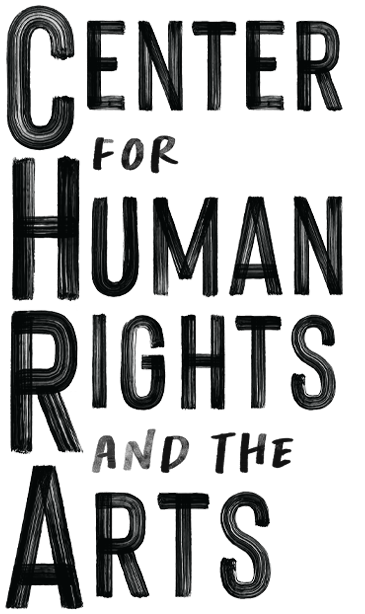Beyond Documentation: Aesthetics of Policing was a workshop that critically examined policing and its representation using an interdisciplinary and international framework. Not to celebrate or denounce, and certainly not to adopt policing as a topic for art history and philosophy, but to develop an analytic language that goes beyond documentation.
Facilitated in February 2023 by curators Adam HajYahia and May Makki, the workshop activities ranged from interactive lectures to movement exercises to screenings. Participants were invited to respond to these interventions and construct new frameworks for analyzing the practice of policing and its aesthetic representation.

